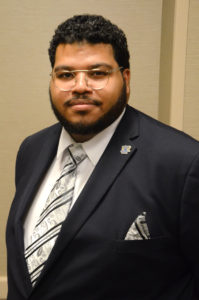By Steve Brawner, © 2019 by Steve Brawner Communications, Inc.
Candidates in Arkansas filed for office last month, a year before the November 2020 elections, because state lawmakers moved the Republican and Democratic primaries to March 3 so the state would vote earlier and be more relevant in the presidential race.
They should have picked a later date. Being late might have made Arkansas more relevant than being early – and more importantly, being early means we’ll have fewer choices elsewhere on the ballot.
Lawmakers voted this year to move Arkansas’ primaries to March in presidential election years while keeping them in May in other years.
The logic makes sense. Because of the move, the state will be closer to the front of the line after only Iowa, New Hampshire, Nevada and South Carolina. Candidates theoretically will pay more attention to it, and Arkansans will vote while the race is still competitive.
Unfortunately, 13 other states were thinking the same thing and also will vote March 3. Almost all of them are bigger than Arkansas and some are much bigger, including California and Texas. So don’t expect any candidates to make anything more than a brief stop here. Continue reading The 2020 vote: Later would be better than earlier

